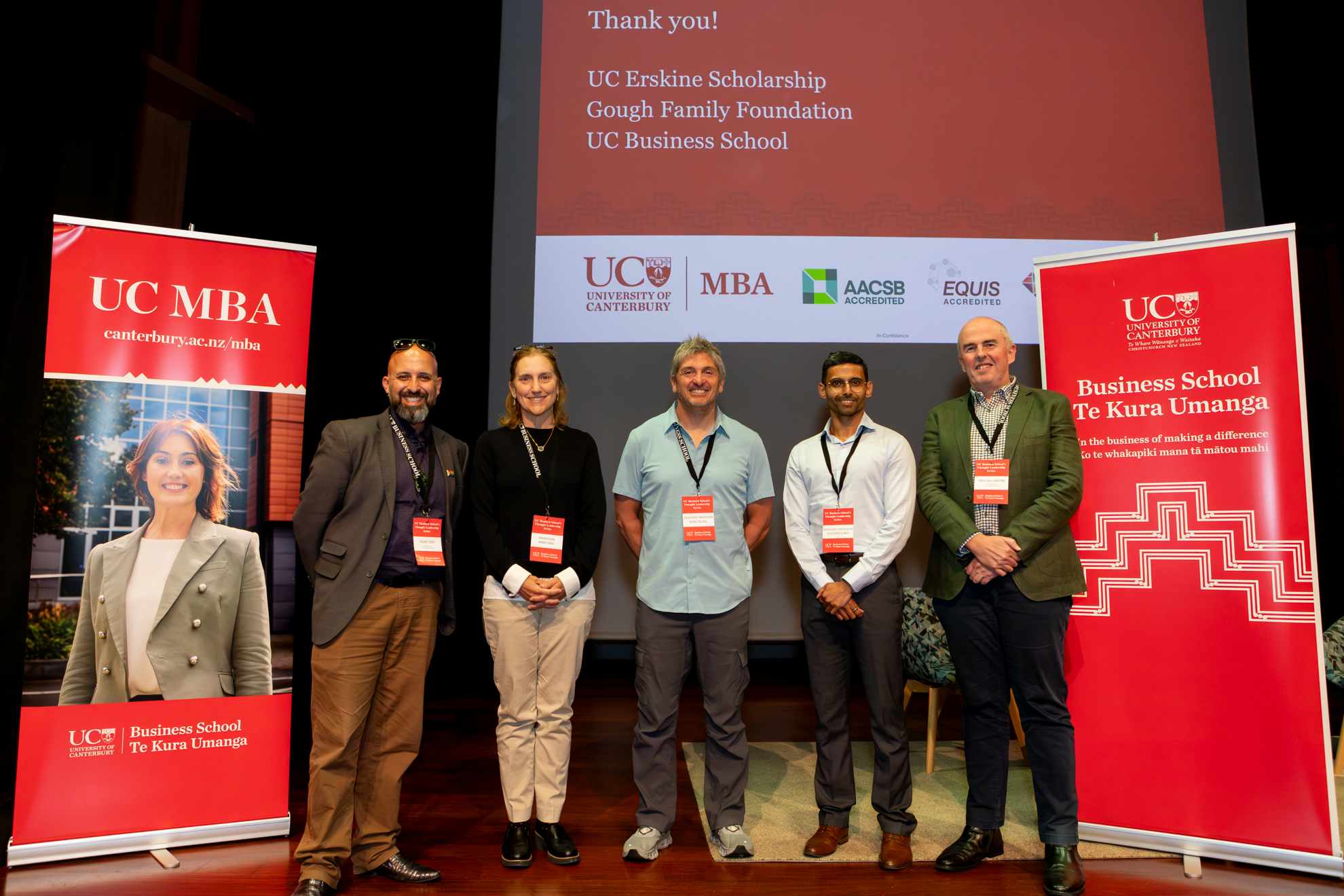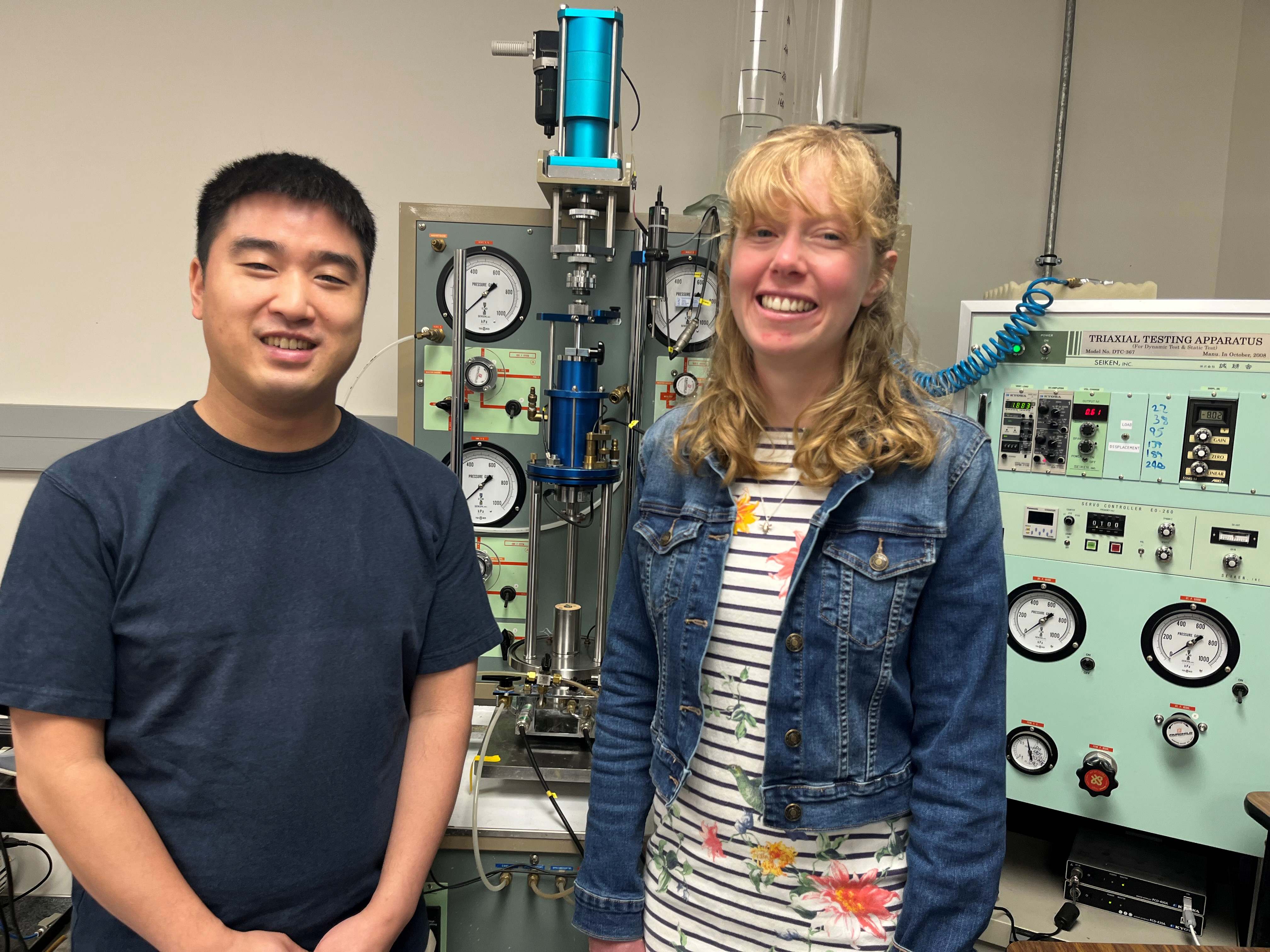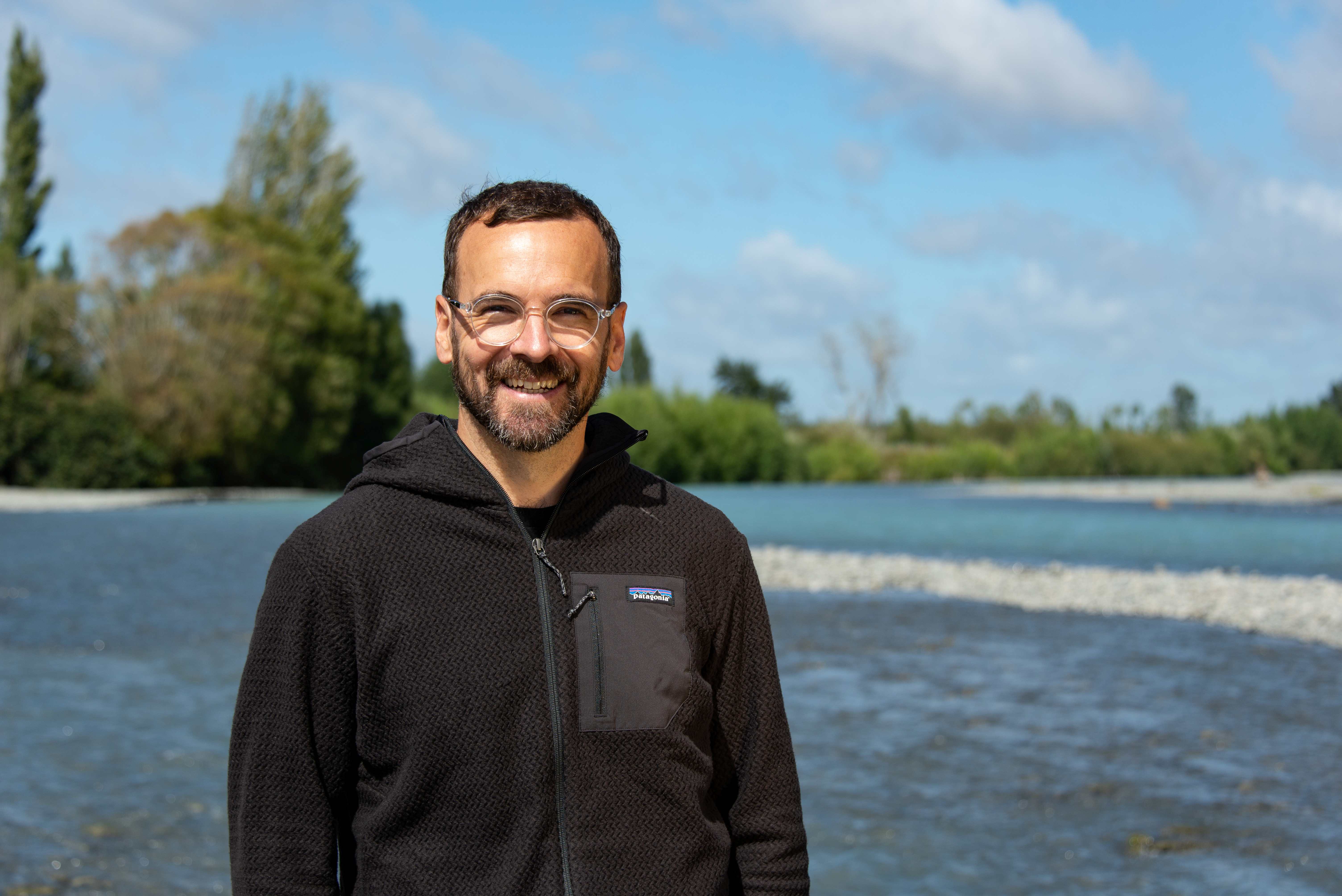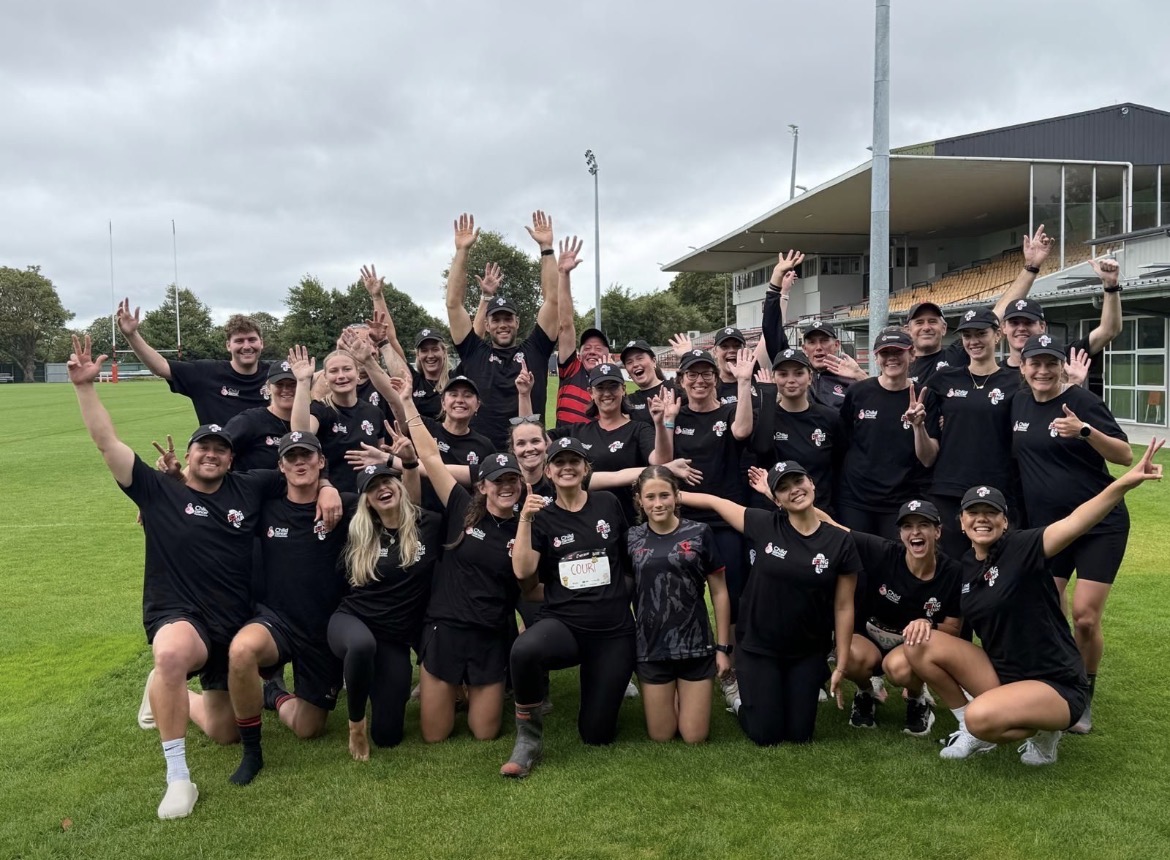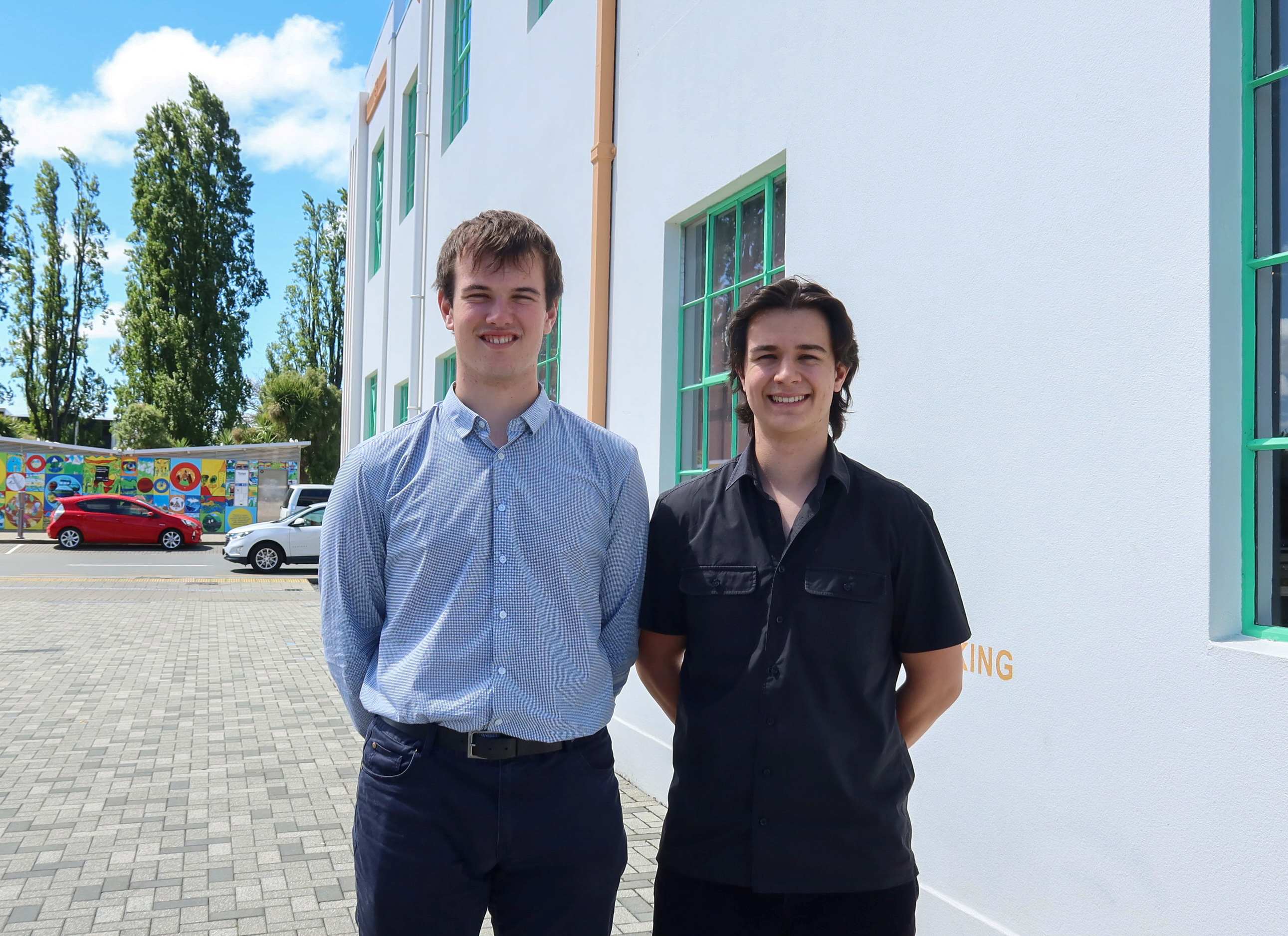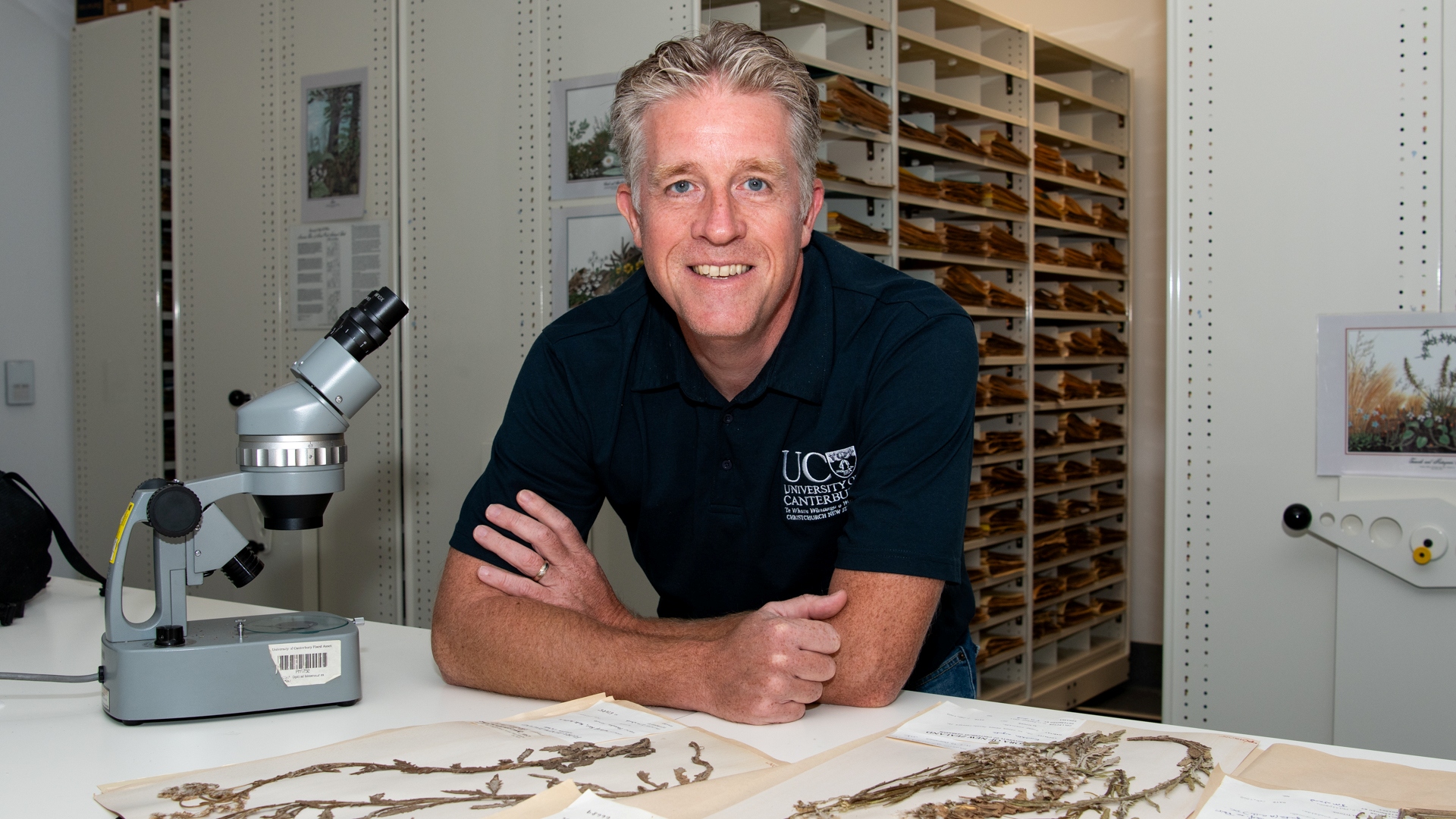Photo caption: Child Well-being Research Institute Director Professor Gail Gillon (left) and Associate Professor Sally Clendon (Massey University have extended the Better Start Literacy Approach to support learners with high and complex needs in specialist schools.
Te Whare Wānanga o Waitaha | University of Canterbury (UC) Child Well-being Research Institute Director Professor Gail Gillon and Associate Professor Sally Clendon (Massey University), have extended the highly successful Better Start Literacy Approach (BSLA) to support learners with high and complex needs in specialist schools.
The nationwide professional learning and development programme, the BSLA, is delivering on the Government’s Literacy Guarantee by equipping teachers and specialists at over 1,000 primary schools to implement structured literacy teaching. Now the programme is catering specifically to specialist schools as well.
“I am not aware of any other country that is ensuring all teaching and therapy staff within specialist schools receive high quality professional learning and development in structured literacy teaching,” says Professor Gail Gillon.
The Government’s investment in structured literacy teaching within specialist schools is a key component of the ‘Teaching the Basics Brilliantly’ education plan and honours New Zealand’s commitment to the UN’s Convention on the Rights of Persons with Disabilities.
“It is ensuring students with high and complex needs in specialist school settings have access to the evidenced-based structured literacy teaching practices that their peers can access in other primary school settings,” Professor Gillon says. “It supports our collective goal of enabling persons with disabilities to participate effectively within our society.”
The BSLA programme offers 30 weeks of professional learning and development designed to prepare schools to implement structured literacy teaching for children with complex communication and learning needs. More than 3,000 leaders, teachers, therapists and teacher aides in specialist schools have registered for the programme since it was launched in July.
“Being able to read and use a writing system is critical to the educational success of students with complex needs, including those who are unable to use spoken language as their only mode of communication, and use augmentative and alternative communication systems,” says Programme co-lead Associate Professor Sally Clendon from Massey University.
The BSLA is empowering both learners and teachers at Pītau Allendale School, Principal Janine Harrington says.
“It has given us a clear, structured pathway that supports every ākonga (student), and we are already seeing greater engagement and confidence from our students. It has also strengthened collaboration among staff, as we share strategies, celebrate progress together, and enjoy the engagement that comes from learning alongside each other.”
The unique structure and flexibility of the programme increases its efficacy, Harrington says. “What makes BSLA unique is the clarity and simplicity of its approach, combined with its adaptability for different learners. It equips teachers and teacher assistants with practical tools while still allowing for creativity and responsiveness to individual needs. For our kura (school), it has meant literacy learning feels more purposeful and more achievable for every student.”
Sommerville School Deputy Principal Colleen Figgins also welcomes the new iteration of the BSLA for specialist schools.
“The biggest impact for our learners is having a team around them who fully comprehend the BSLA as it has been offered to support and specialist staff too. This assists with cohesive implementation across the school.”
The BSLA, she says, is the only structured literacy programme that has been influenced by evidence-based practice on comprehensive literacy instruction for our learners.
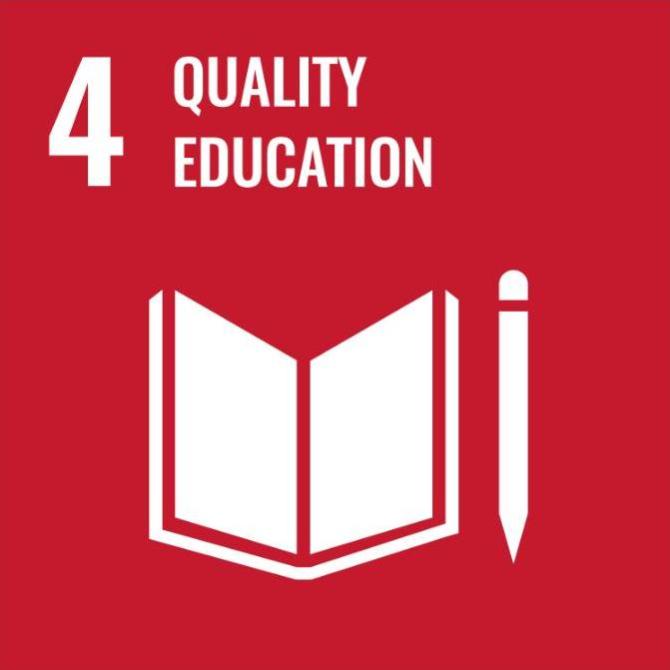 Sustainable Development Goal (SDG) 4 - Quality Education.
Sustainable Development Goal (SDG) 4 - Quality Education.


